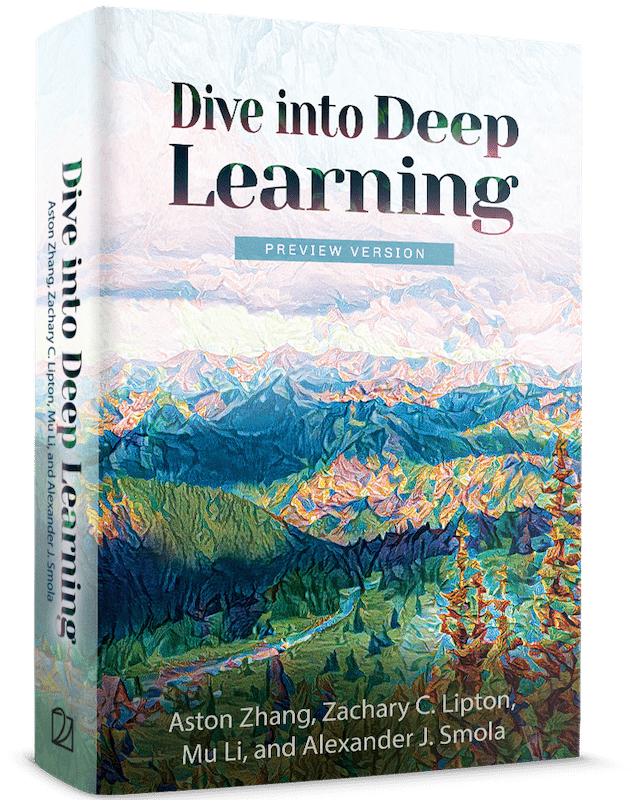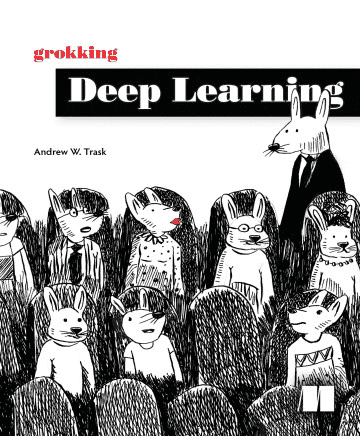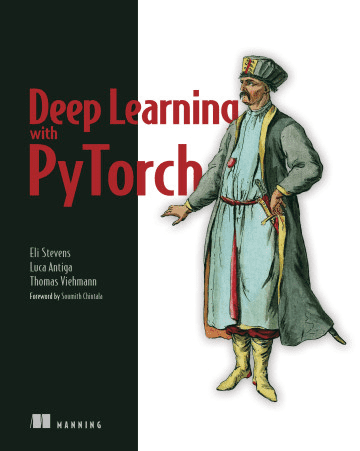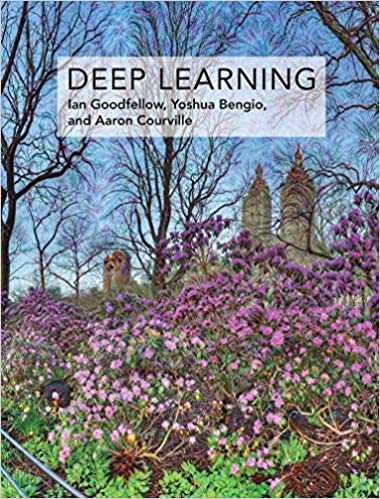Wondering what are the best resources to start your Deep learning journey? Here is a curated list of collections that will save you a lot of time.
Probably the most popular introductory course right now. Developed and taught by DeepLearning.ai in cooperation with Andrew Ng, this course will teach you all the fundamentals principles behind Deep Learning, how to develop and train models with Python and Tensorflow as well as real-world case studies.
Instructors: Andrew Ng, Kian Katanforoosh, Younes Bensouda Mourri
Sub-courses:
-
Neural Networks and Deep Learning
-
Improving Deep Neural Networks: Hyperparameter tuning, Regularization and Optimization
-
Structuring Machine Learning Projects
-
Convolutional Neural Networks
-
Sequence Models
A set of high-level lectures by MIT, which provides a great overview of the field of Deep Learning. Open source code is also offered alongside video lectures, making it ideal for beginners. A big plus for me is the amazing list of guest lecturers from top companies like Google, Nvidia, and IBM.
Topics that particularly caught our eye:
Instructors: Alexander Amini, Ava Soleimany at MIT
A great combination of video lectures and practicums by Yann LeCun and NYU cover one of the widest range of topics. From convolutional networks to transformers and graph neural networks. Note that you will need a solid foundation in mathematics and Pytorch to follow along. Along with the videos, there are also slides and notebooks.
What caught our attention:
Instructors: Yann LeCun , Alfredo Canziani at NYU
This is a course that relies heavily on mathematics and requires a very strong background in calculus, algebra, and probabilities. But if you are ok with that, you look at the most detailed course on the list with state-of-the-art research. Great work by the Deepmind team in collaboration with UCL. There are slides as well as youtube videos.
Fascinating lectures:
-
Attention and Memory in Deep Learning
-
Advanced Models for Computer Vision (3D models, optical flow)
-
Responsible Innovation (in AI)
Instructors: Deepmind researchers. How cool is that?
Starting from fundamental ML concepts and finishing with advanced topics like reinforcement and generative learning, this course by UC Berkeley is for those who are looking for an all-in-one resource. A great choice if you want to build intuition and gain a solid grasp of the math behind Deep Learning. Again, everything is provided in videos with accompanying slides.
Super interesting topics:
Instructors: Sergey Levine at UC Berkeley
This course follows a more practical approach and offers the opportunity to use both Tensorflow and Pytorch. If you want to tackle real-life problems such as image recognition, stock price prediction, and recommender systems, this is an excellent choice. The videos are well organized on the Udemy platform.
Rare content that we found in the course:
-
Self-organizing maps
-
Boltzmann machines
Instructors: Kirill Eremenko, Hadelin de Ponteves, Ligency Team
A huge course by Udacity can be seen more like a light Bootcamp rather than a course. An ideal choice for complete beginners who want to get into the field as quickly as possible. You will learn the most popular deep learning architectures both from a mathematical and a technical point of view and you will write a lot of python code to solve real-world problems.
Spotlight Project: Build and deploy your own Sentiment Analysis Model
Instructors: Mat Leonard, Luis Serrano, Cezanne Camacho, Alexis Cook, Jennifer Staab, Sean Carrell, Ortal Arel, Jay Alammar in collaboration with AWS and Facebook AI
An interactive deep learning book that covers almost everything. The better part? Every lesson comes with Tensorflow, Pytorch, and Mxnet code. The authors truly did a great job trying to explain deep learning from scratch. If you are more into text-based approaches, this is for you.
It’s recommended to use this resource as a reference handbook rather than starting material.
Instructors: Aston Zhang, Zack C. Lipton, Mu Li, Alex J. Smola, Brent Werness, Rachel Hu, Shuai Zhang, Yi Tay

Source: dive-into-deep-learning
Andrew Trask did a very good job explaining the fundamentals in his book. Incredibly helpful images, easy-to-read code, and a great mix of intuition and math explanations. The use of just Python and Numpy (no deep learning framework) makes it a natural choice if you want to learn things entirely from scratch. You can use the code aisummer35 to get a discount.
Author: Andrew W. Trask

The ultimate book to start deep learning along with PyTorch. Every other day we hear about new ways to put deep learning to good use: improved medical imaging, accurate credit card fraud detection, long-range weather forecasting, and more. This book is written by really experienced PyTorch users. It covers the basics and abstractions in great detail. If you like a bit of math and to see how things work on code, this one’s for you. You can use the code aisummer35 to get a discount.
Authors: Eli Stevens, Luca Antiga, and Thomas Viehmann

The holy bible of Deep Learning. Written by the top pioneers in the field, this is the book that every deep learning practitioner or researcher should read at least once. Even though it’s written in 2014 it provides super solid math and background. You need to be very familiar with maths, like algebra, matrix calculus, and probability theory to really extract maximum value from this one. Not recommended from beginners, but an excellent handbook. It’s available on the website but you can also buy your copy from Amazon.
Authors: Ian Goodfellow, Yoshua Bengio, Aaron Courville

Source: deeplearningbook.org
* Disclosure: Please note that some of the links above might be affiliate links, and at no additional cost to you, we will earn a commission if you decide to make a purchase after clicking through.